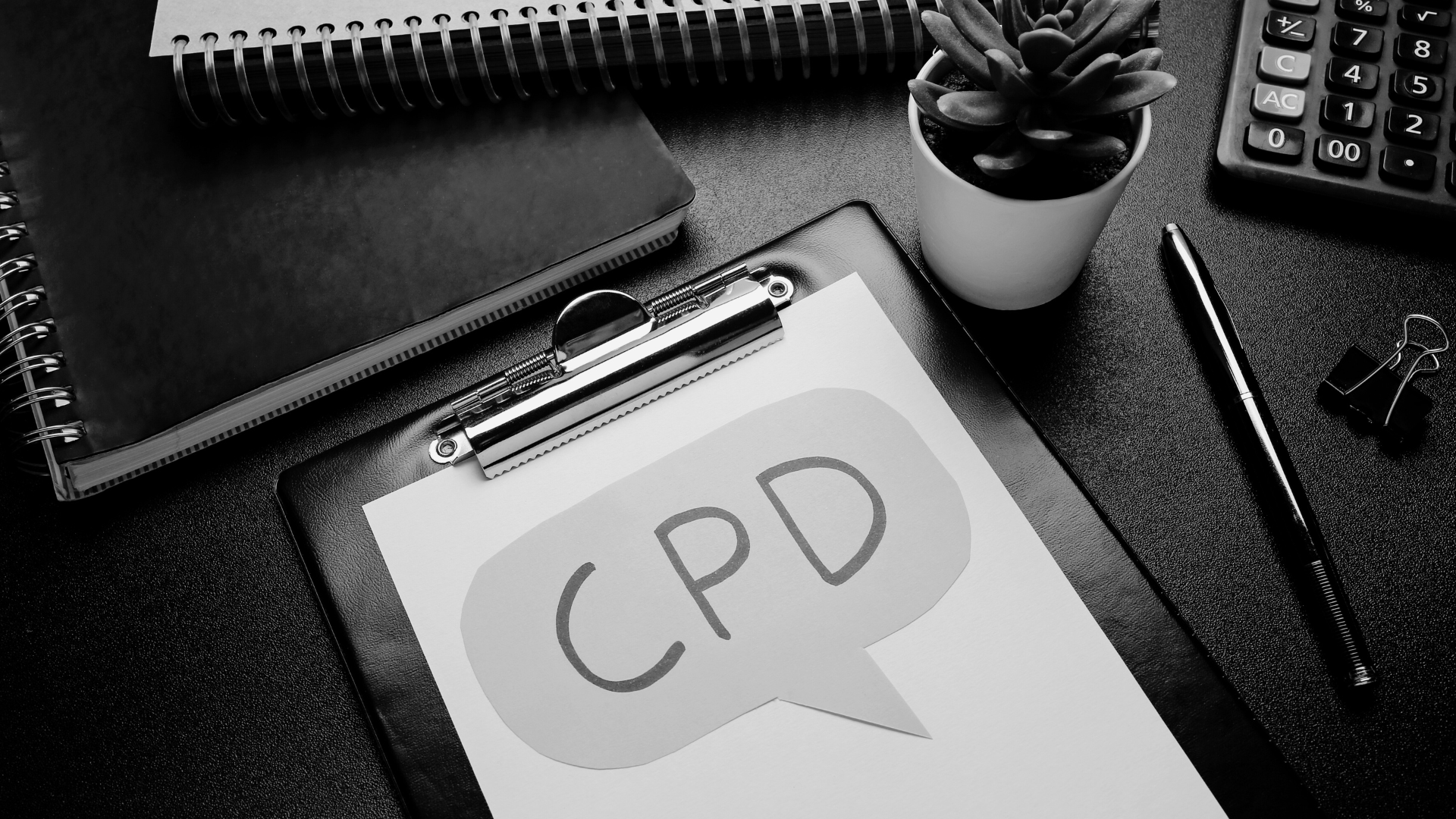As lawyers, we devote years to building our theoretical understanding, whether through demanding academic study or the meticulous preparation required for qualification exams. Yet, the truth is that no matter how thorough your legal education may be, nothing fully equips you for the realities of day-to-day legal practice. This is where Continuing Professional Development, or CPD, becomes essential. It is the bridge between knowing the law and being able to apply it with confidence and precision in the real world.
The legal profession is unlike any other in its constant demand for both rigour and adaptability. A strong grasp of legal principles is, without question, fundamental. However, true expertise is not simply about knowing the law, but about being able to translate that knowledge into meaningful, practical solutions for clients. This is precisely where CPD proves its worth. By emphasizing applied learning, whether in areas such as contract drafting, dispute resolution, or tax law, CPD equips lawyers with the tools required to navigate the many uncertainties and grey areas that often arise in practice.
Consider contract drafting as an example. Most of us first encountered the basics of legal drafting during our training. But drafting a robust, commercially sound agreement under pressure from a client is a very different matter. A well-designed CPD seminar not only revisits the core principles, but it also delves into more advanced territory, such as crafting bespoke clauses or foreseeing and mitigating potential disputes. These kinds of practical exercises go far beyond what textbooks offer. They allow lawyers to refine their technique in an environment that reflects the complexity of actual practice.
CPD also provides something that is often missing from the fast-paced world of legal work: the opportunity to reflect. When caught up in the demands of client service, it is easy to become reactive, relying on what has worked before without questioning whether a better approach might now exist. A CPD seminar offers the chance to pause, to revisit foundational principles, and to consider how they might apply differently in light of new legal developments. For example, a seminar on cross-border transactions might examine how European Union directives or international treaties influence jurisdiction, transforming the way you approach multi-jurisdictional matters.
Exposure to new trends and tools is another vital function of CPD. The legal landscape is shifting rapidly. Developments in technology, changes in global markets and evolving client expectations are all driving transformation. Even with a deep understanding of traditional legal processes, staying relevant means keeping pace with these changes. CPD programmes on legal technology or artificial intelligence in document review, for example, do not merely offer theoretical insights. They provide guidance on how to adopt these tools in your own work, improving both efficiency and client service.
One of the most enriching elements of CPD is the chance to learn from others. Trainers often bring decades of experience to the table, sharing lessons learned in practice and offering practical insights that cannot be found in academic texts. Equally, the opportunity to engage with fellow professionals, whether in person or online, adds enormous value. Hearing how peers approach difficult clients, handle strategic decisions or manage unusual legal problems can spark new ways of thinking and help refine your own methods.
Perhaps most importantly, CPD encourages lawyers to think ahead and future-proof their careers. Legal work is constantly evolving. Regulations shift, case law develops and client demands grow increasingly sophisticated. By committing to ongoing professional development, you ensure that your skills remain current and relevant. A course on regulatory compliance might prepare you to advise businesses in emerging sectors, while a seminar on Environmental, Social and Governance frameworks could open new avenues of expertise as client priorities continue to shift.
Ultimately, CPD is not simply a professional obligation. It is a chance to become a more capable, thoughtful and effective lawyer. It is about turning what you know into action, and doing so with confidence, creativity and care. The divide between legal theory and real-world application is one of the profession’s greatest challenges. But with the right training and the right mindset, it is a challenge that can be overcome.
For those who are committed to genuine growth, CPD is not just a requirement. It is a privilege. It gives us the time and space to refine our thinking, develop our skills and return to our work renewed. And in a profession where the consequences of error can be profound, that kind of renewal can make all the difference














